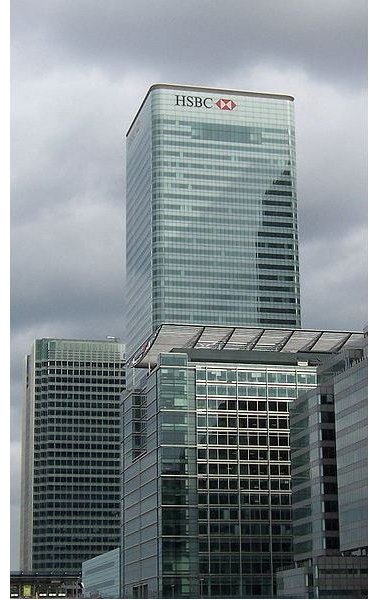Negative Impacts of Global Market
Economic Neoliberalism
As more and more companies from different countries intertwine and operate across borders, concerns over taxation and parity from nation-to-nation is ever-present. If one country has a higher rate of taxation than another, the market will most likely move home offices to those nations, causing negative impacts of global market investments for many interested parties.
Additionally, there has been a tendency during the late 1900s and early 2000s for governments and regulatory agencies to become more liberal in regards to oversight. The nations with the loosest laws and statutes often have the strongest investments. This can have detrimental effects on the global economic community, as was the case of the sub-prime mortgage meltdown of the late 2000s. A lack of oversight and increased connectivity between markets resulted in a global downturn for investors.
Brain Drain and Income Disparity
Investors into certain nations also suffer from dwindling human resources for certain marketplaces. The concept of “brain drain” is the process by which a developing country loses its most talented individuals to markets with higher pay and more opportunity. This causes major negative impacts of global market investments by causing companies in these developing companies to fail due to a lack of talent. Ultimately, more and more investors pull their capital from the market and the nation’s economy suffers.
In addition, this can lead to major income disparity for certain segments of a population and even the collapse of time-tested industries. Globalizing the marketplace has caused significant problems for many sectors. For example, the African food production industry cannot compete with the American industry due to subsidized farms in the United States. Likewise, the U.S. auto industry lost market share to Japanese car companies in the late 1990s and early 2000s, resulting in less capital influx from investors and bankruptcy for two of the “Big Three” automakers.
Peak Commodities
A major concern for the marketplace is the likelihood of certain commodities to lose value in coming years. Many things like food and oil have traditionally risen over the years as production levels increase. Unfortunately, many analysts predict the possible peaking of production for these commodities, meaning investments into these resources will no longer produce the large gains expected in the traditional marketplace. Essentially, any investment into markets like grains may be poor choices as the expected return most likely will be negligible.
Labor Concerns
Investors interested in halting the negative impacts of global market operations show a strong emphasis on the actions of major companies and foreign countries in regards to standard labor practices. In addition to concerns over unionization and levels of pay for employees, other, more serious problems have also arisen. Savvy investors generally choose to not involve themselves in organizations that practice forced or child labor. Unhealthy and illegal working conditions such as sweatshops are also a primary concern for many investors. The challenge with this, however, is the fact that many companies and countries hide the actual conditions from their investors in an effort to keep the financial capital flowing.
References
“Economic Globalization” UCSC: https://ucatlas.ucsc.edu/economic.php
“Sustainable and Responsible Investing” Greenbiz: https://www.greenbiz.com/news/2006/12/08/sustainable-and-responsible-investing-transforming-global-economy
Image Source
HSBC Tower, World’s Largest Bank. (Supplied by Clive Power at Flickr; Creative Commons Attribution 2.0; https://upload.wikimedia.org/wikipedia/commons/5/5c/HSBC_Tower.jpg)
